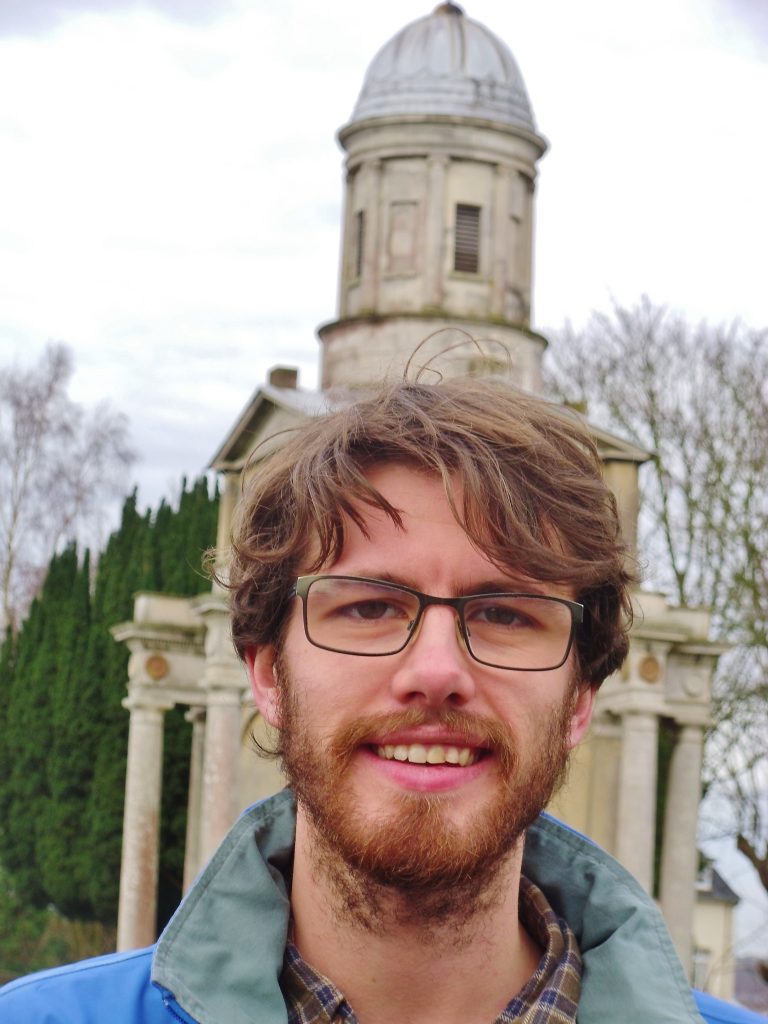This user has not added any information to their profile yet.
Declan Finney is a project manager at ClimateXChange, facilitating Scottish Government access to research in areas of climate and energy policy. He holds a PhD in atmospheric science from the University of Edinburgh. Prior to his role as project manager, he was a post-doctoral research fellow at the University of Leeds. He has extensive research publications in the area of climate, weather and atmospheric science, as well as policy-relevant articles in Carbon Brief and The Conversation. He has worked closely with international and inter-disciplinary researchers studying climate and weather impacts in East Africa.
Specific research expertise:
- Lightning, climate change and associated atmospheric chemistry
- Weather and climate change in Africa, especially Eastern Africa
- Tropical cyclones in the western Indian Ocean
- Convection-permitting, atmospheric chemistry and land surface models
As a scholar, Finney’s focus on lightning brings together many of the challenges facing climate science. Notably, the impact of climate change on the formation of clouds, including those in the ice-phase and those producing extreme weather. Lightning also has a wide range of knock-on effects and feedbacks within the Earth system. It affects the composition of ozone and methane, is a major cause of wildfires in remote locations, and is a risk to peoples’ lives and property. As a result, lightning research is highly complex and uncertain but, because lightning is relatively well observed, it can be used to measure how well we understand the climate as a whole.
Through his study of extreme weather and climate in East Africa, Finney looks to support those in the region trying to reduce the local impacts of such extreme events. There are many reasons we should encourage weather and climate research in the region. East Africa includes some of the fastest growing cities in the world, including areas of extreme poverty. These are vulnerable to today’s extreme weather events let alone extreme events of the future. In addition, there are highly diverse and unique ecosystems, from great lakes in the rift valley to the Serengeti to coastal mangroves and coral reefs. These are all strongly connected with human societies and will cause suffering if they are detrimentally impacted by climate change. East Africa was the origin of humankind, and is among the first places where climate change is testing us. We must work together to ensure the region can thrive.
Additional research interests:
- Robustness of climate models, and alternative approaches to understanding climate
- Climate policy to address emissions arising from high consumption
Learn more at
https://orcid.org/0000-0002-3334-6935
https://twitter.com/decfinney
Contact Declan at declan.finney@ronininstitute.org


